This year’s Pharmacy Shark Tank, held at PSA25 next week, is set to be a cracker – with some of the most exciting innovations yet, all powered by technology to solve real-world problems in pharmacy.
Australian Pharmacist caught up with some of the 2025 entrants to get a glimpse.
Working towards a more integrated healthcare system
As young pharmacists just entering the industry, Queensland-based brothers Alfred and Viknesh Bramasta have witnessed the errors that can occur when care is fragmented.
‘I’m currently doing my internship in a pharmacy in Queensland,’ Alfred said. ‘One of the major things we’ve seen is flaws in the software being developed, and we wanted to take the opportunity to make some improvements.’
The brothers developed a new software program, PillFlow, to record medication changes made by either GPs, hospital pharmacists or community pharmacists.
‘Right now, when a patient’s medication changes, the pharmacy and doctor often have to go back and forth by phone, email or fax just to confirm the new prescription,’ said Viknesh, a fourth-year pharmacy student who also works in a hospital pharmacy.

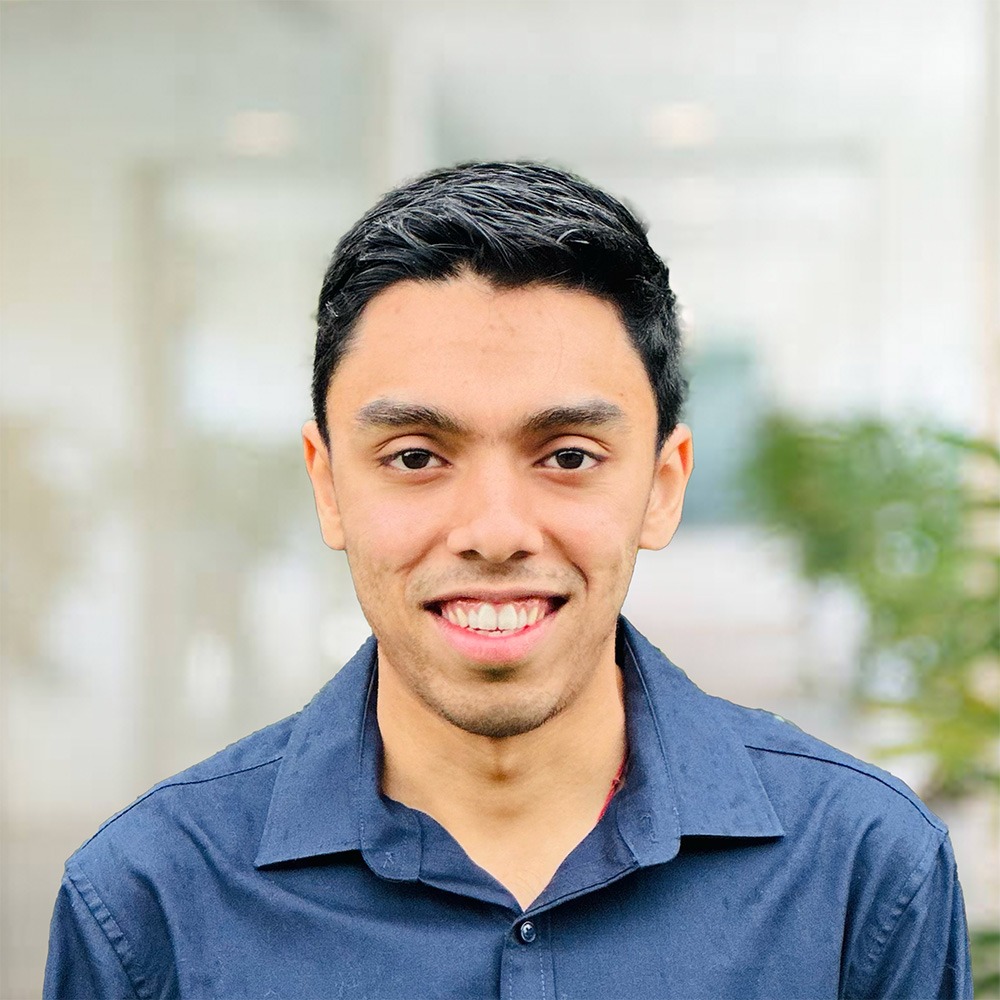
Delays and communication gaps in the current process may affect both workflow efficiency and the quality of patient care.
Viknesh thinks PillFlow could change this.
‘Our main goal is to enhance patient safety,’ Viknesh said. ‘There can still be challenges in ensuring medication changes for DAA patients are clearly communicated, actioned, and recorded.’
By presenting PillFlow at Shark Tank, Alfred and Viknesh are keen to receive feedback from the judges and audience.
‘It’s a great avenue for us to test and share our idea directly with pharmacists,’ Viknesh said. ‘PSA has made the process really easy.’
Software developments are key to making pharmacists’ workloads more tolerable and improving medicine safety, Alfred said.
‘There’s a lot that can be done to improve the workflow in community pharmacy, and innovation will be the main thing to ensure patients get the best benefit.’
Streamlining pharmacy workflows
After 5 years in community pharmacy, early career pharmacist Eric Khek has seen firsthand just how short-staffed the profession can be – especially during the peak of the COVID-19 pandemic.
‘So I’ve always been interested in how to improve efficiencies in the pharmacy,’ he said.
To do this, Eric created a self-service kiosk system to automate pharmacy processes.
‘When a patient presents to the pharmacy with an eScript, they can scan the eRx [barcode] and answer a couple of questions pharmacy assistants usually ask,’ he said.

The system also serves as a triage for minor ailments.
‘If a patient presents with a cough, for example, the self-service kiosk will activate a cough protocol and ask screening questions that you would find in the Australian Pharmaceutical Formulary and Handbook related to cough, such as “Do you have any breathing difficulties?” or “Are you coughing out any blood?”’
Through this innovation, Eric is hoping to not only improve pharmacy workflows but staff stress levels also.
‘We can miss asking important questions during stressful times which could potentially lead to medication errors,’ he said.
Entering Shark Tank should open up network opportunities, Eric thinks.
‘Hopefully I’ll be able to meet like-minded people to collaborate with me and take this product to the next level,’ he said.
With technology evolving at a rapid rate, it’s important that the pharmacy profession keeps up. ‘Around 40–50 years ago, we didn’t even have a computer for dispensing,’ Eric said. ‘Harnessing the power of technology makes our lives easier.’
Enhancing learning with AI
Pharmacist and clinical educator Krysti-Lee Patterson MPS is leveraging the power of AI to improve how pharmacy students learn and prepare to practice as registered pharmacists.
Her innovation, The SMART project – an AI model used by the University of Technology Sydney – allows students to practise exam simulations with case scenarios.
‘We’ve essentially created ChatGPT for pharmacists,’ she said. ‘Using our AI models, we feed the platform with case scenarios that the lecturers have created – allowing the students to be able to practice under exam conditions.’
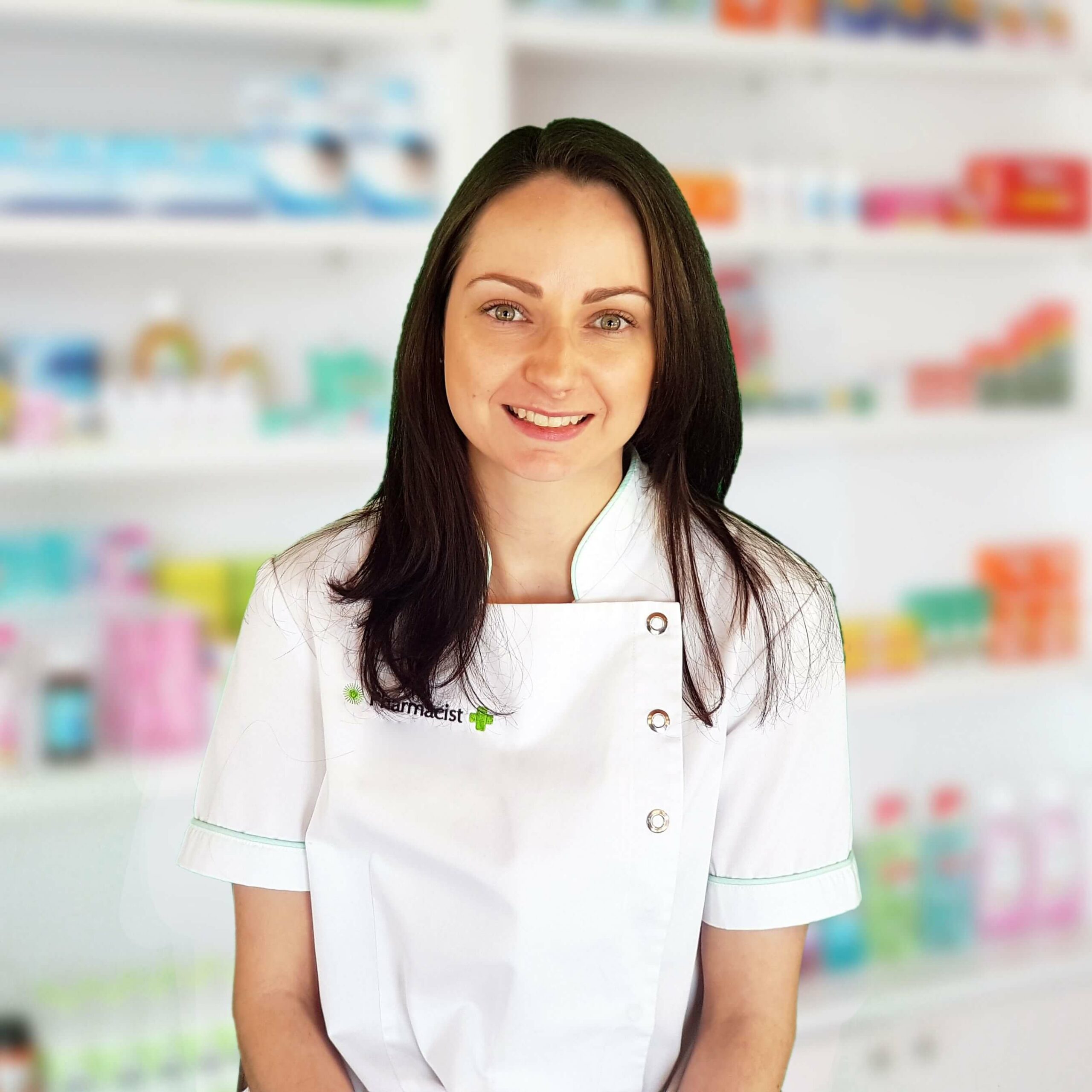
The SMART project is designed to both save university staff time and improve pharmacy curricula.
‘The head of Pharmacy at UTS explained that a key challenge is that they’re too low on time to be able to do one-on-one training or coaching with their students,’ Krysti-Lee said. ‘So one of the problems we’re trying to solve is saving time without reducing quality.’
Academics can also use data collected from the model to assess whether students are asking the same questions, and address any gaps in the course.
‘The next phase, which we’re working on now, will actually allow you to speak to it – so students can practise their oral exams via our platform.’
With pharmacy being a heavily regulated industry, which can be adverse to risk and change, it’s important to showcase the innovations of budding entrepreneurs to strengthen the profession.
‘It’s going to make things more efficient, have better outcomes for patients, and ultimately, make a difference to the health of Australians,’ Krysti-Lee said.
Catch the pitches of these three innovations at PSA25’s Pharmacy Shark Tank happening from 3:20 PM – 4:20 PM on Friday 1 August. Last minute registrations are closing soon, visit the PSA25 website to grab yours before it’s too late.



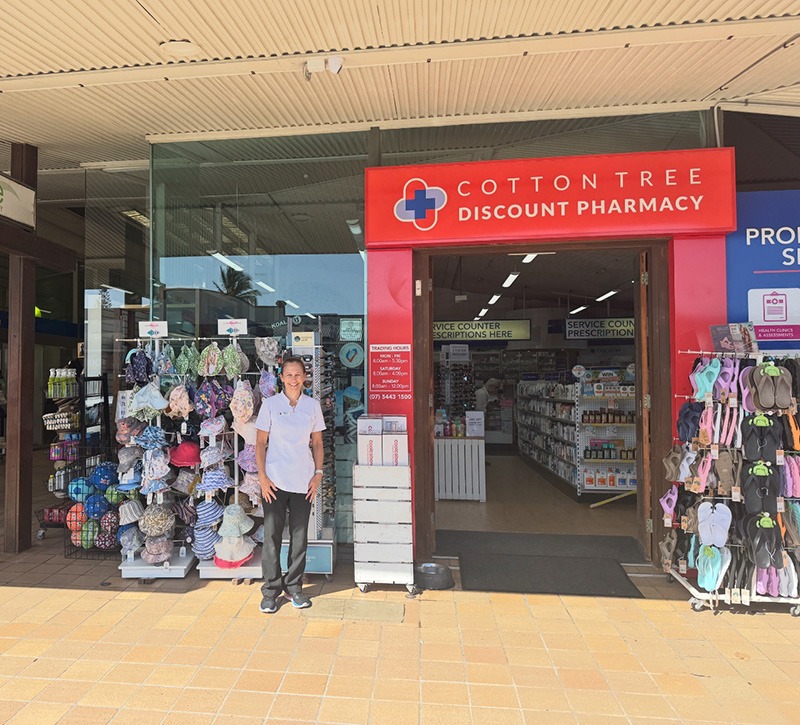 Rebecca Davies[/caption]
Rebecca Davies[/caption]
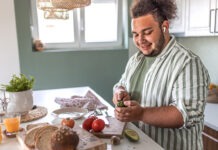
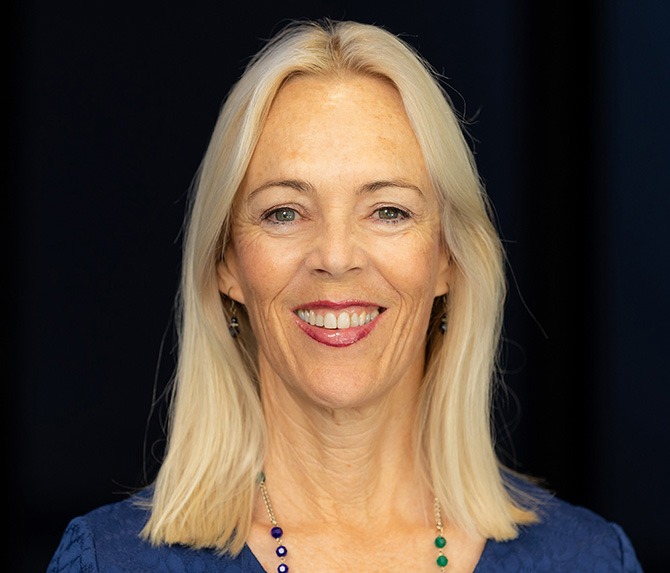 Professor Clare Collins[/caption]
Professor Clare Collins[/caption]
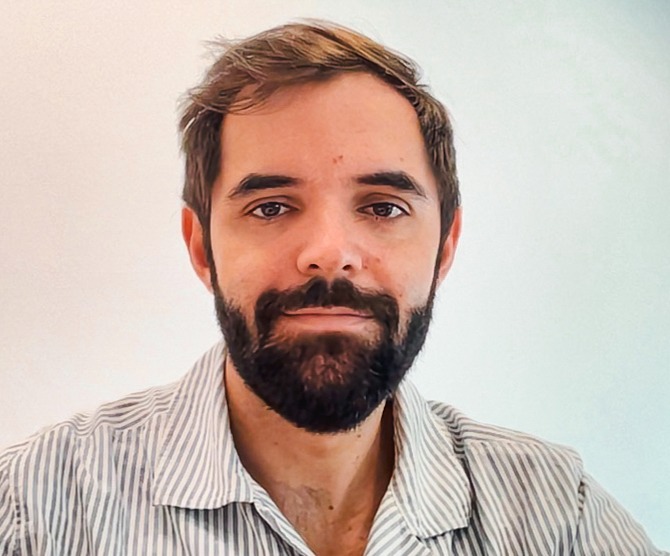 Associate Professor Trevor Steward[/caption]
Associate Professor Trevor Steward[/caption]
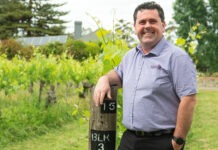
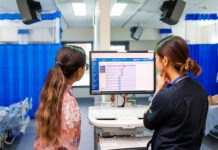
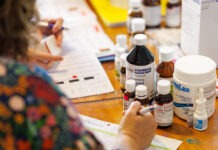
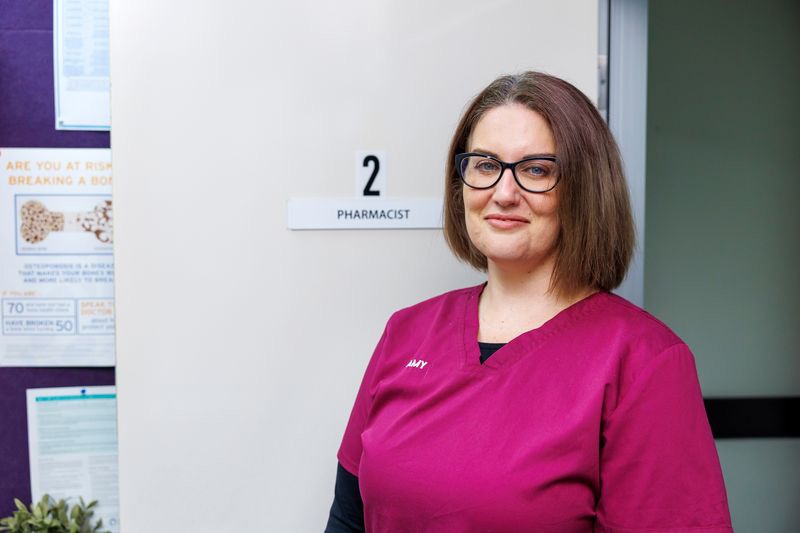 Amy Gibson MPS[/caption]
Amy Gibson MPS[/caption]






